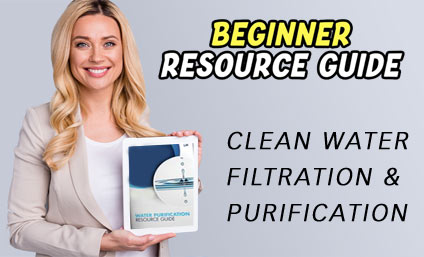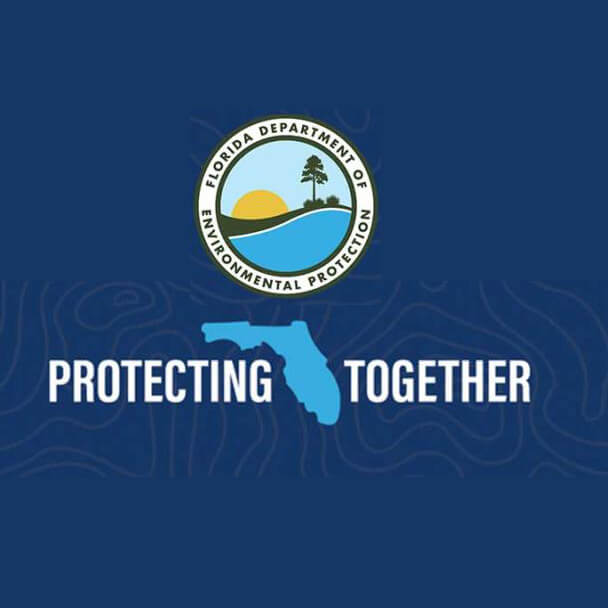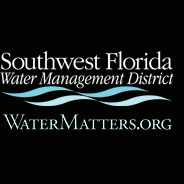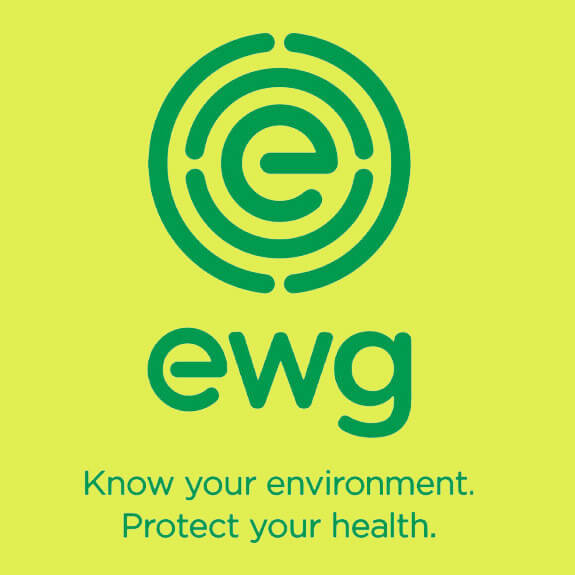Sustainable Solutions: Mitigating and Preventing Well Water Contamination in Florida
Florida, known for its picturesque landscapes and diverse ecosystems, faces a critical challenge: well water contamination. As a vital source of drinking water for a significant portion of the state's population, addressing this issue is paramount to ensuring the health and well-being of Floridians. This article explores the causes of well water contamination in Florida and proposes sustainable solutions to mitigate and prevent further degradation of this essential resource.
The Causes of Well Water Contamination
Several factors contribute to the contamination of well water in Florida. Agricultural runoff, industrial discharges, and improperly managed wastewater are among the primary culprits. Pesticides, fertilizers, and pollutants from various industries can infiltrate the soil, leading to the contamination of groundwater, which, in turn, affects well water quality.
Moreover, Florida's unique geological features, such as porous limestone formations, make groundwater more susceptible to contamination. The state's reliance on well water amplifies the significance of addressing these issues promptly and effectively.
Sustainable Solutions
Addressing well water contamination requires a comprehensive and sustainable approach. The following strategies can be implemented to mitigate and prevent further degradation of Florida's well water quality:
1. Enhanced Agricultural Practices
Encouraging farmers to adopt sustainable and eco-friendly agricultural practices is crucial. This includes the responsible use of fertilizers and pesticides, implementing precision agriculture techniques, and employing cover crops to reduce soil erosion. Government incentives and educational programs can play a pivotal role in promoting these practices among the agricultural community.
2. Advanced Wastewater Treatment
Upgrading wastewater treatment facilities to incorporate advanced technologies can significantly reduce the discharge of pollutants into groundwater. Implementing stringent regulations and monitoring mechanisms for industrial discharges will further safeguard well water quality. Collaboration between government agencies and industries is essential to enforce and enhance these measures effectively.
3. Community Engagement and Education
Raising awareness about well water contamination within communities is paramount. Educational campaigns should focus on the importance of regular well testing, proper disposal of household chemicals, and the impact of individual actions on groundwater quality. Community engagement programs can empower residents to take an active role in preserving their well water and foster a sense of shared responsibility.
4. Regulatory Measures and Enforcement
Strengthening and enforcing regulations related to well construction, maintenance, and testing are essential components of a sustainable solution. Regular inspections and strict penalties for non-compliance will create a deterrent effect, ensuring that well owners adhere to best practices and contribute to the overall protection of groundwater quality.
Conclusion
Well water contamination in Florida is a pressing issue that demands immediate attention and concerted efforts from various stakeholders. By implementing sustainable solutions, such as enhanced agricultural practices, advanced wastewater treatment, community engagement, and robust regulatory measures, we can safeguard this precious resource for current and future generations.
It is imperative that government agencies, industries, communities, and individuals collaborate to create a comprehensive and effective strategy to mitigate and prevent well water contamination. Only through collective action and a commitment to sustainable practices can we ensure the long-term health and viability of Florida's well water.





